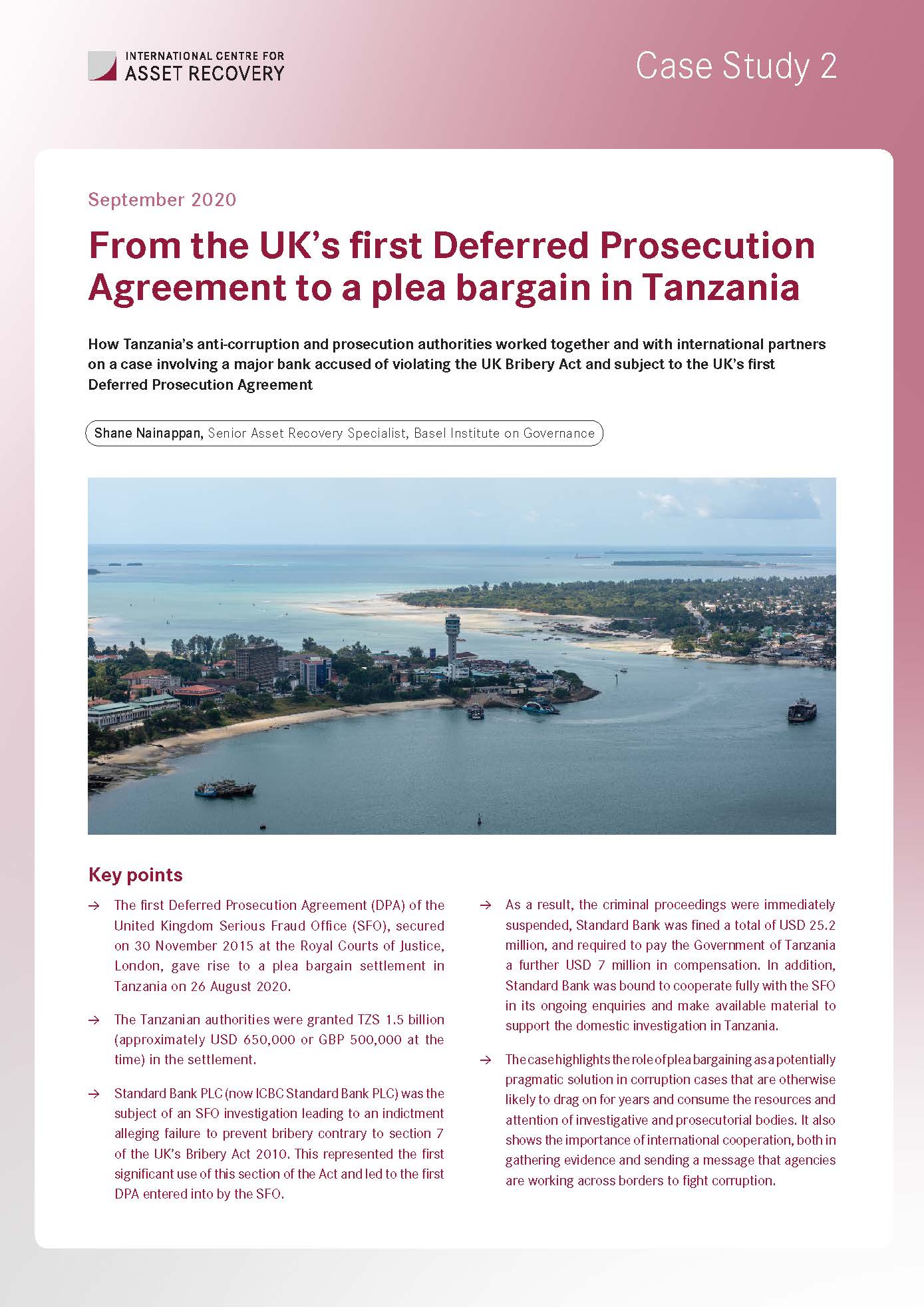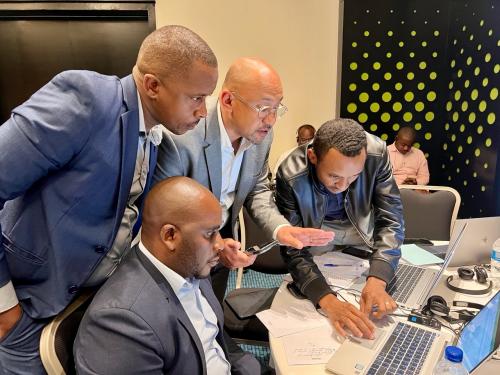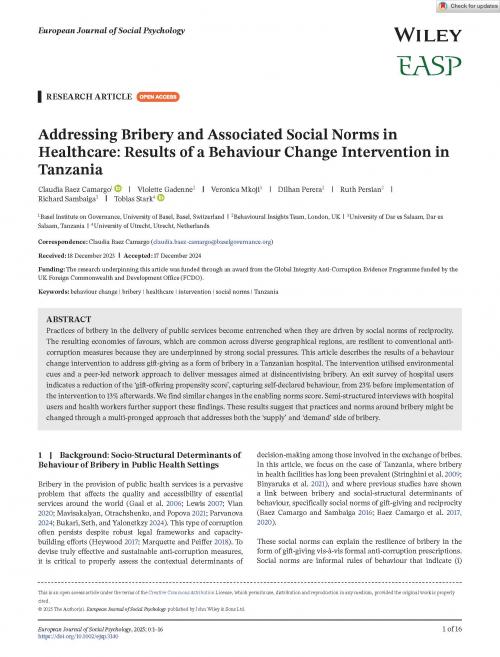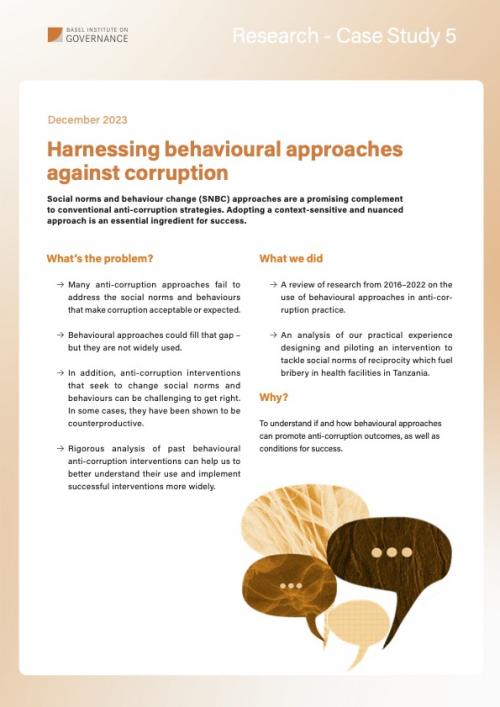Case Study 2: From the UK’s first Deferred Prosecution Agreement to a plea bargain in Tanzania
This case study explains how Tanzania’s anti-corruption and prosecution authorities worked together and with international partners on a case involving a major bank accused of violating the UK Bribery Act and subject to the UK’s first Deferred Prosecution Agreement.
The case highlights the role of plea bargaining as a potentially pragmatic solution in corruption cases that are otherwise likely to drag on for years and consume the resources and attention of investigative and prosecutorial bodies. It also shows the importance of international cooperation, both in gathering evidence and sending a message that agencies are working across borders to fight corruption.
Open-access licence and acknowledgements
This publication is part of the Basel Institute on Governance Case Study series, ISSN 2813-3900. It is licensed for sharing under a Creative Commons BY-NC-ND 4.0 licence.
The Case Study series offers practitioners insights into interesting and precedent-setting cases involving corruption and asset recovery. Many such cases are drawn from partner countries of the Basel Institute's International Centre for Asset Recovery.
Suggested citation: Nainappan, Shane. 2020. “From the UK’s first Deferred Prosecution Agreement to a plea bargain in Tanzania.” Case Study 2, Basel Institute on Governance. Available at: baselgovernance.org/case-studies.
Links and other languages




